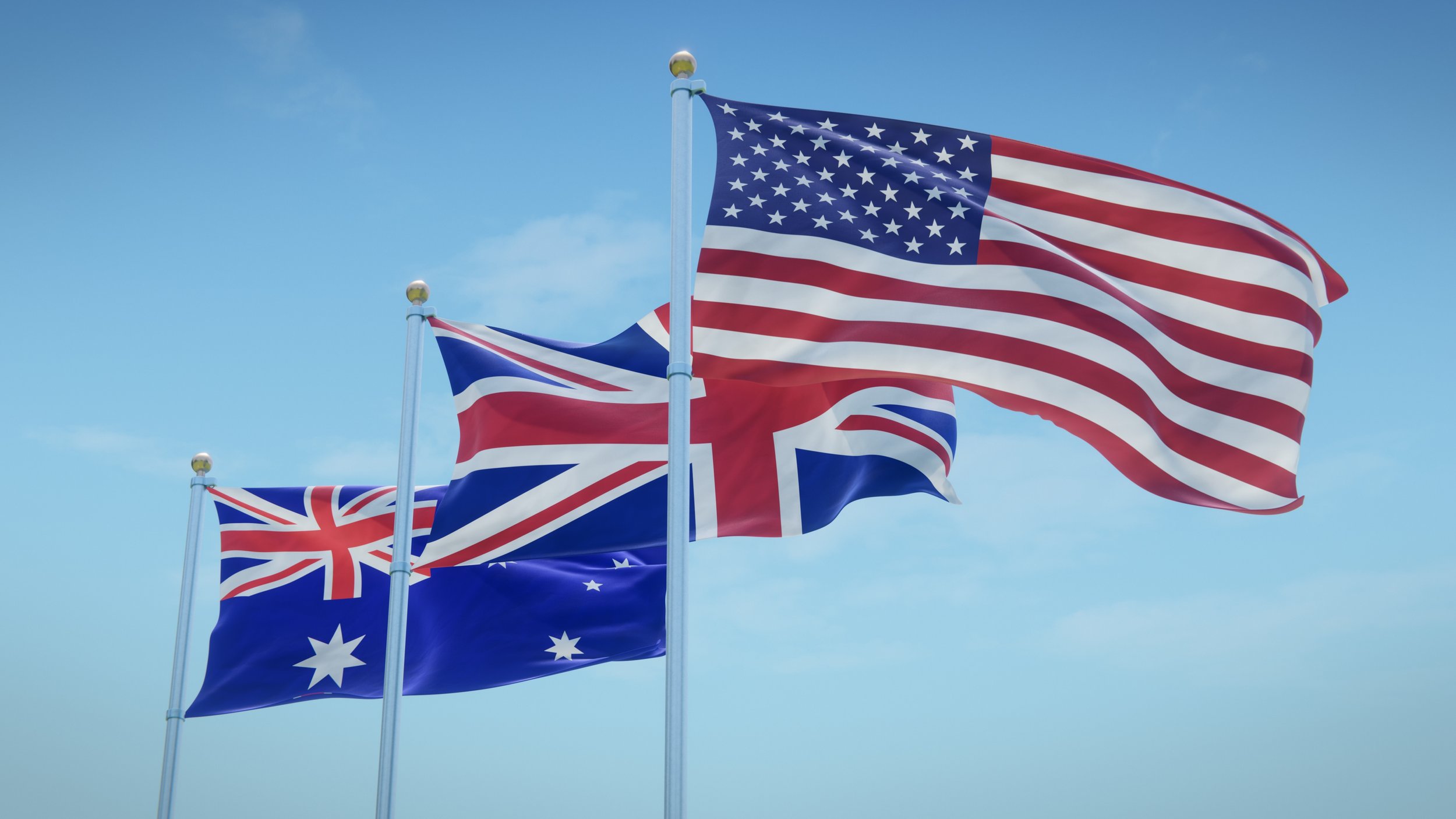Advancing AUKUS
Australia is making headway in the national security arena and our AUKUS alliance partners are following our lead. By James Paterson.
After returning from a two-week delegation to the United States and United Kingdom, one thing is clear: AUKUS has turbocharged Australia’s relationship with its two closest security partners at a critical juncture in our history.
I’ve lived in Washington D.C. twice and visited many times. On each of those trips, both Australians and Americans have genuinely and sincerely repeated the talking points about our ANZUS alliance and shared values. But sometimes there was not much tangible to back it up. This time was different. Across the Congress, intelligence and security agencies and the administration, the reception our delegation received was remarkable. There was a profound and widespread understanding of the unique security challenges Australia faces in the Indo-Pacific, a determination to meaningfully assist, and an appreciation of the concrete contribution we make to the relationship.
In the UK, we have both sometimes been guilty of dwelling primarily on our shared history and allowing the relationship to coast on nostalgia and the natural affinity that comes from so many shared cultural touch points. Not anymore. At the House of Commons, in meetings with policy officials and in briefings with law enforcement and intelligence agencies, the conversations were instead focused on the future, and our shared objective of maintaining the liberal rules based international order. On one level this is not surprising.
In the US, the Biden administration has a new emphasis on alliances. In the UK post-Brexit, the Johnson government wants to rebuild a global Britain. And our existing intelligence sharing partnership through the Five Eyes is self-evidently more relevant today than it has ever been. But two closely-linked events have transformed these relationships even further: the Chinese Communist Party’s campaign of coercion and intimidation against Australia, and AUKUS. Australia is widely respected in Washington and London for the way in which we have withstood attempts by our biggest trading partner to coerce us into compromising our sovereignty and accepting the status of a vassal state.
Unprompted, many of our interlocutors praised our determination to stand up for our values and interests, despite our trade dependence on China and the obvious disparity in size and influence. Our assessments of the nature of the threat we collectively face are remarkably similar. We all understand the systemic and existential challenge we face with rising authoritarian powers who are determined to reshape the international order in their favour – at the expense of ours and all nations who believe the rights and sovereignty of states should be protected, regardless of size.
At stake is nothing less than the world our children and grandchildren will grow up in. There’s also recognition Australia has moved ahead of the rest of the world in hardening our systems and building resilience against the greyzone threats which fall short of war but can still harm our national interest, such as economic coercion, foreign interference and espionage, and cyber attacks.
The United States has just followed our lead by legislating mandatory cyber-incident reporting for critical infrastructure providers, and is closely studying other measures we have introduced to make ourselves a harder target in the cyber-realm.
The UK has announced plans to legislate a foreign influence register based on our foreign influence transparency scheme, and is also examining how we toughened our espionage and foreign interference laws in 2018, following similar covert influence scandals in British politics.
Both countries have excluded high risk vendors such as Huawei from their 5G networks after our decision to do so. Putin’s invasion of Ukraine is a stark reminder that for all the progress we have made countering these greyzone threats, we all still have much work to do to help deter much more traditional forms of hard power projection in our region. Both countries are determined to make the most of the opportunity presented by AUKUS to share their most intimate military and security technology secrets with Australia to support our ability to defend our shared values and interests in the region.
There was agreement that in addition to the long-term dividends of nuclear-propelled submarines that the urgent task is to ensure Australia has the asymmetric deterrence capability to make our potential adversaries think twice about any military adventurism in the Indo-Pacific.
This is why AUKUS covers broader areas such as precision guided munitions, quantum computing, artificial intelligence and cyber security. It is no accident Xi Jinping and Vladimir Putin called out AUKUS in their joint statement before the Olympics heralding their “no limits” partnership. But we cannot rely on good will alone to seize the game-changing opportunity offered by AUKUS.
This early stage is the most crucial. Its success will depend on sustained engagement, consistent advocacy and visible presence where decisions will be made about when and how to share the most sensitive defence intellectual property. We must bed down and institutionalise the mechanisms to begin seamlessly sharing our military technology secrets. We are at a critical juncture as a country.
In the most uncertain geopolitical environment since the 1930s, along with cementing our other Indo-Pacific partnerships, our most important national mission is to further cement AUKUS so we can safeguard our freedom, democracy and sovereignty for the next generation.
James Paterson is Chair of the Parliamentary Joint Committee on Intelligence and Security and a Liberal Senator for Victoria.
This piece first appeared in The Daily Telegraph and has been republished with the author’s permission.

